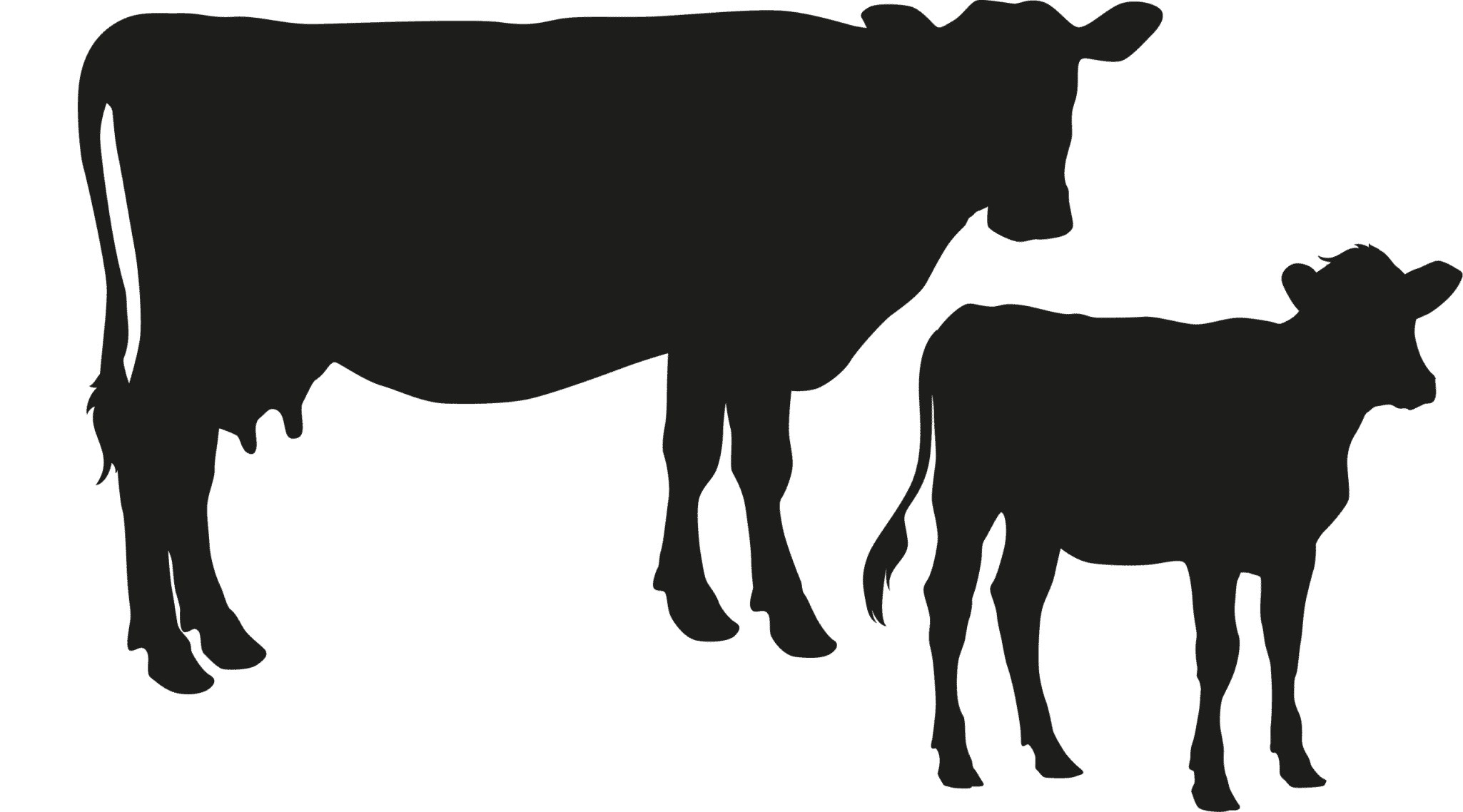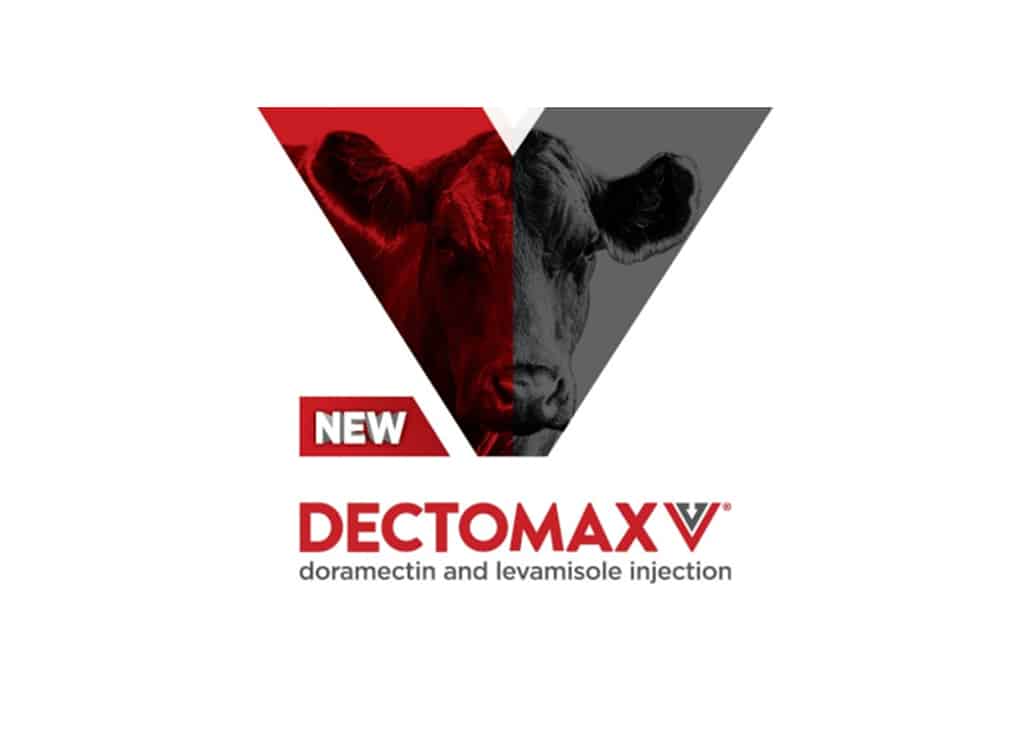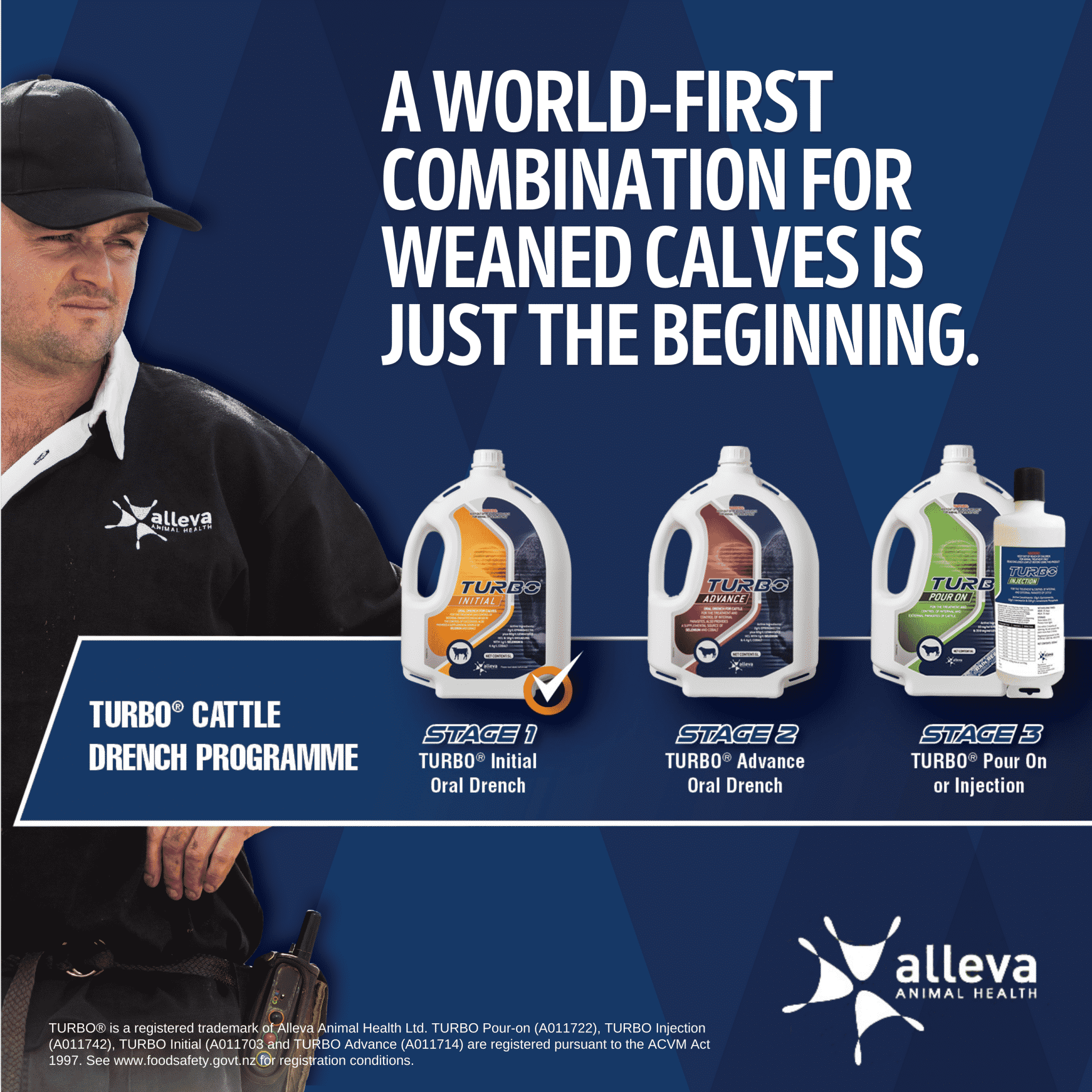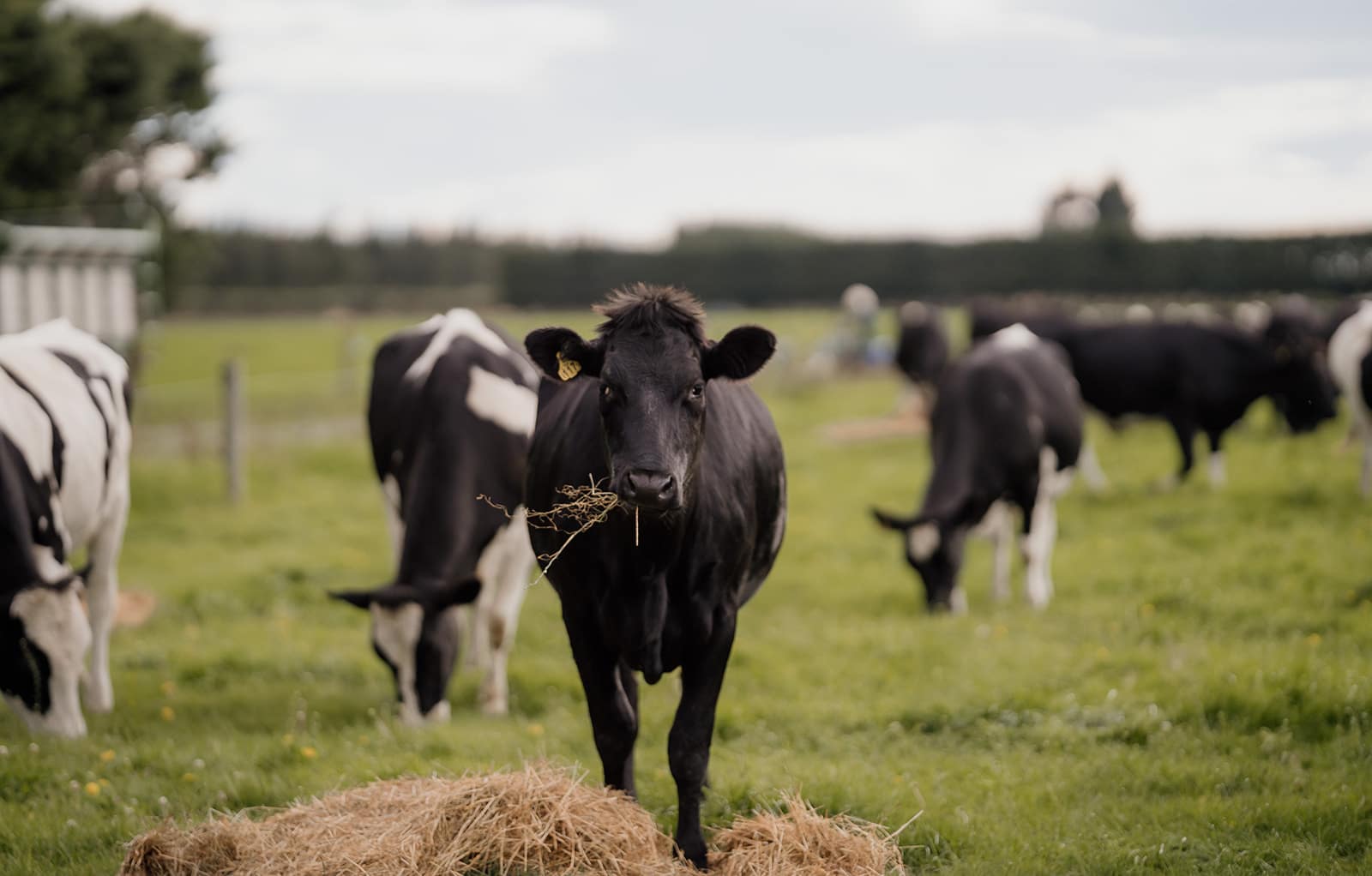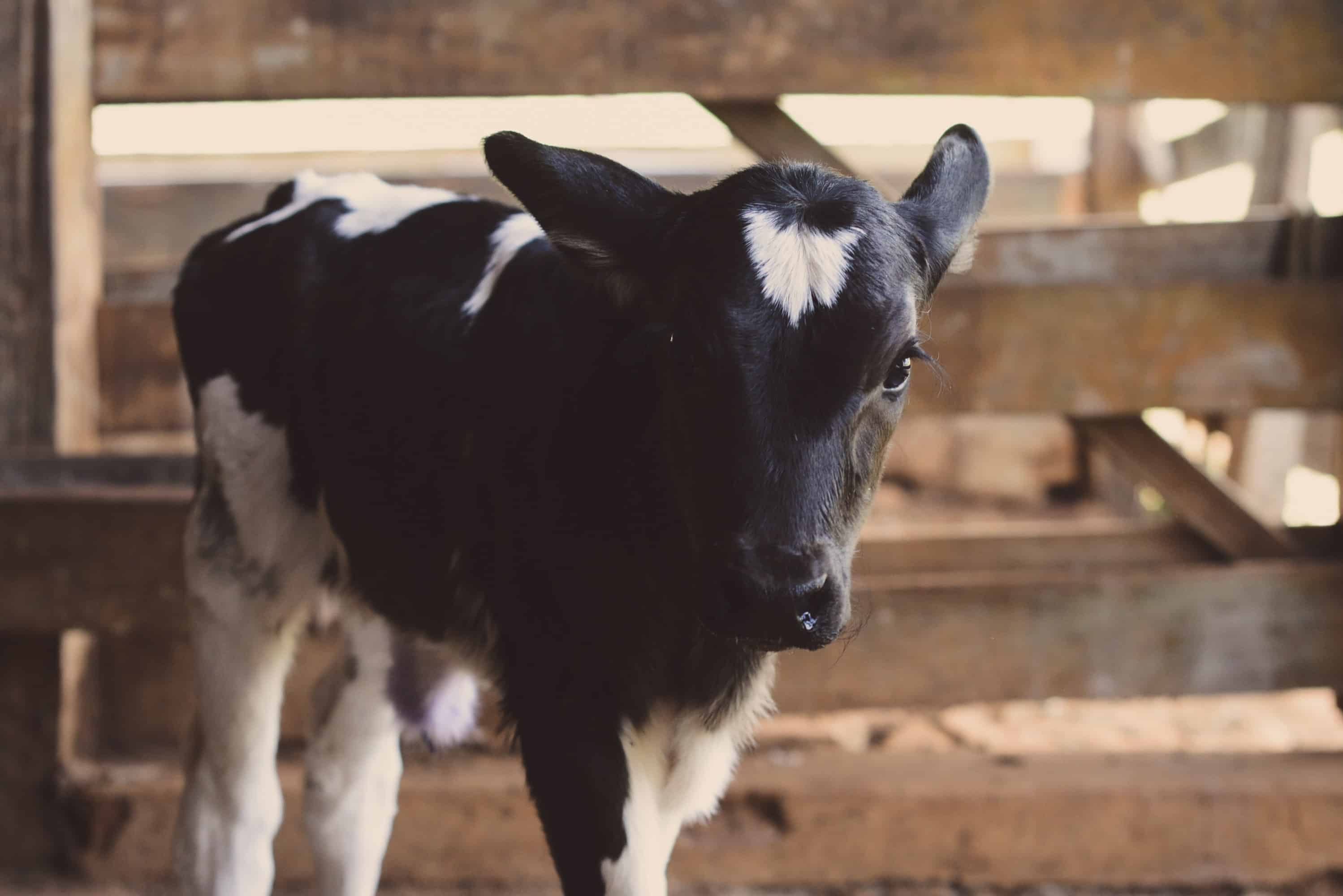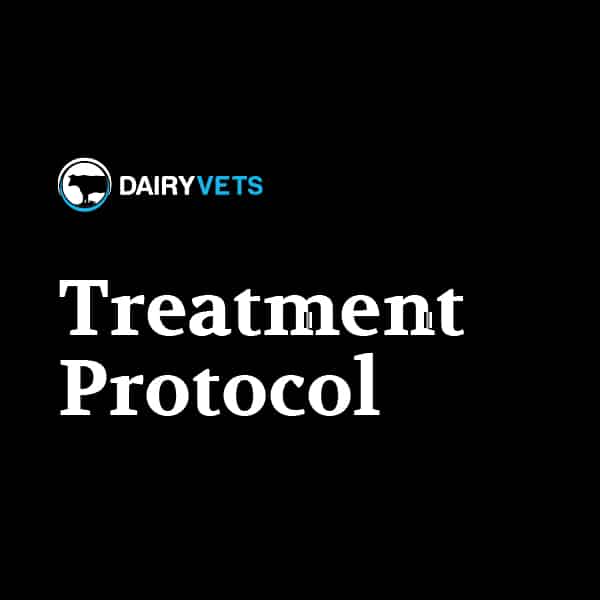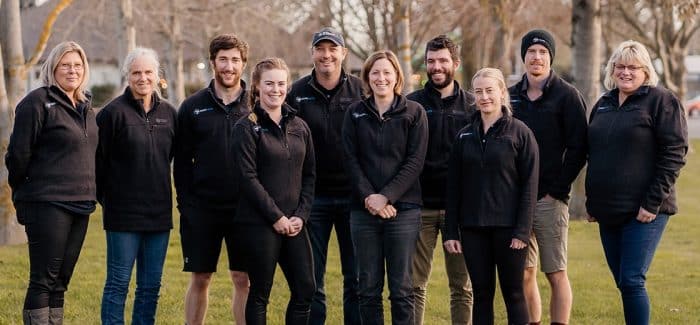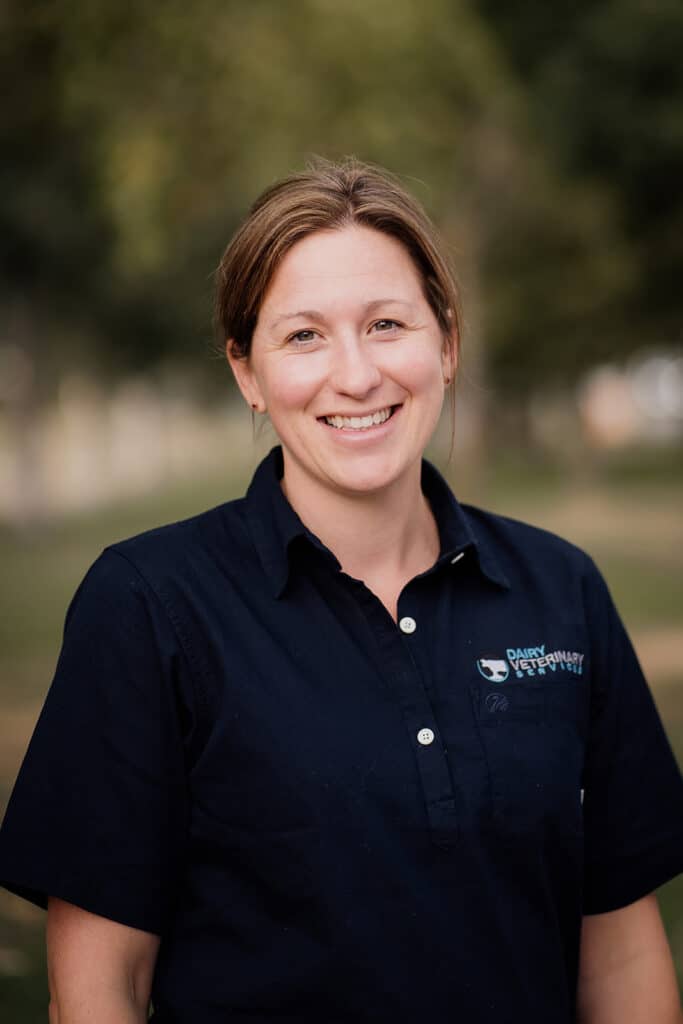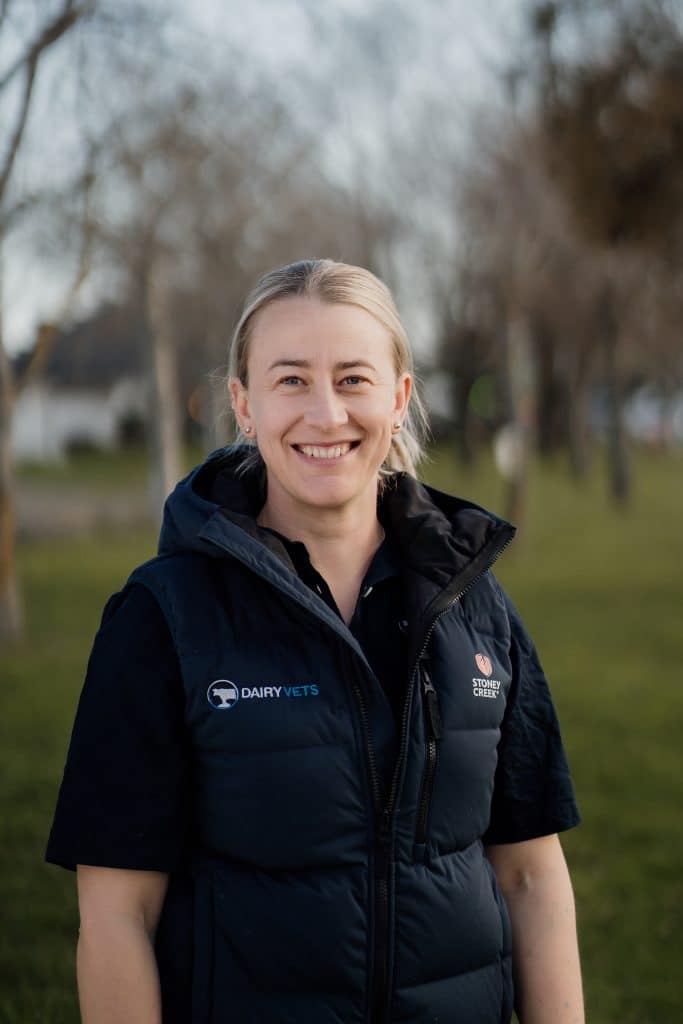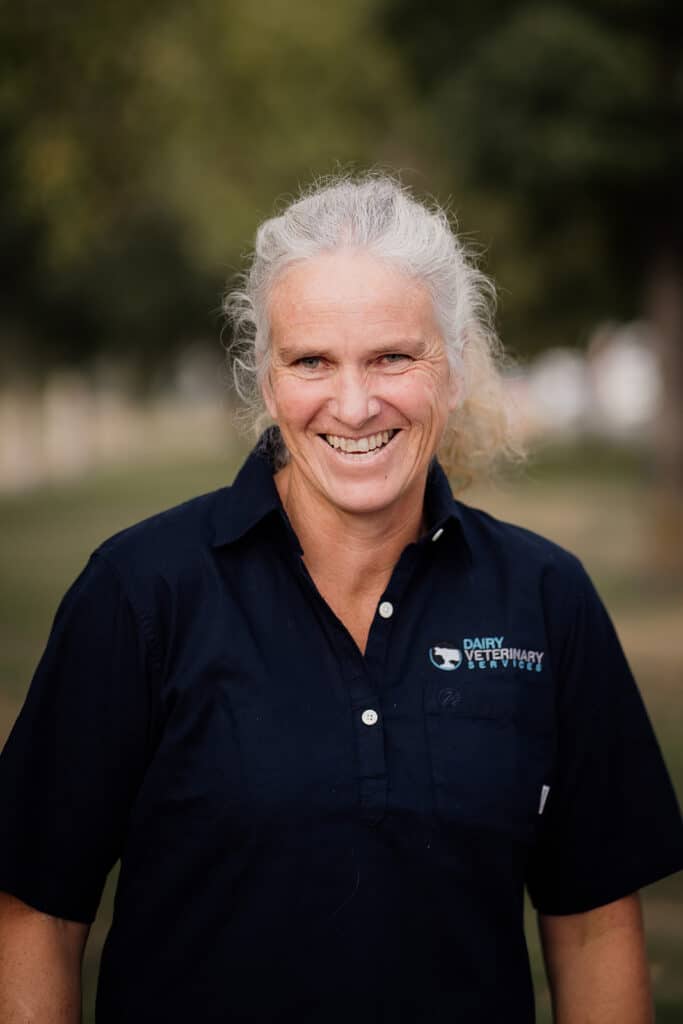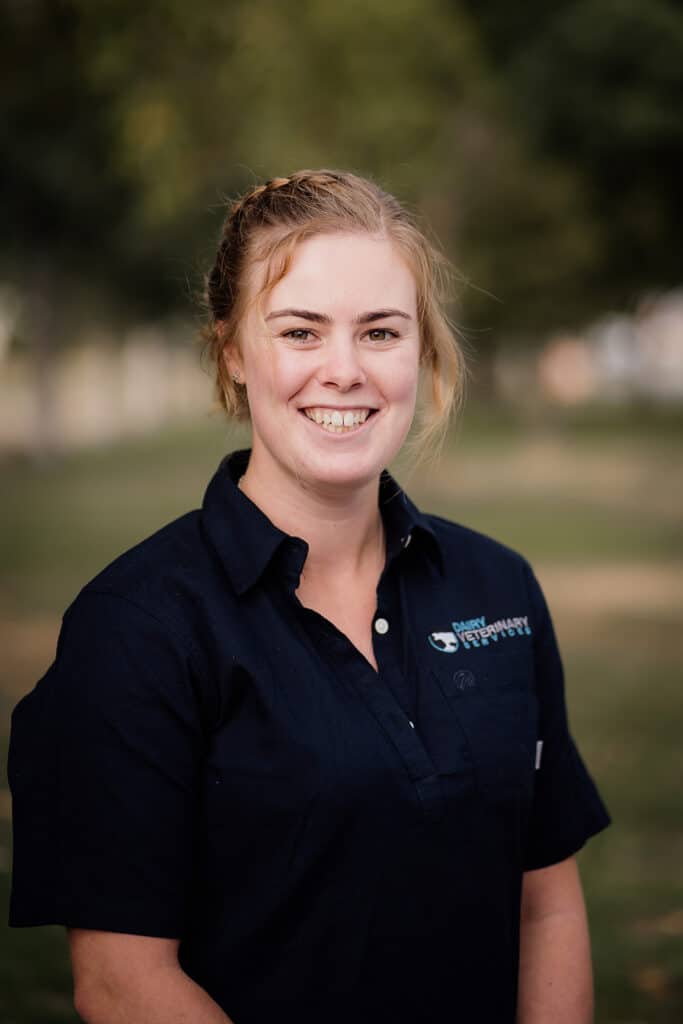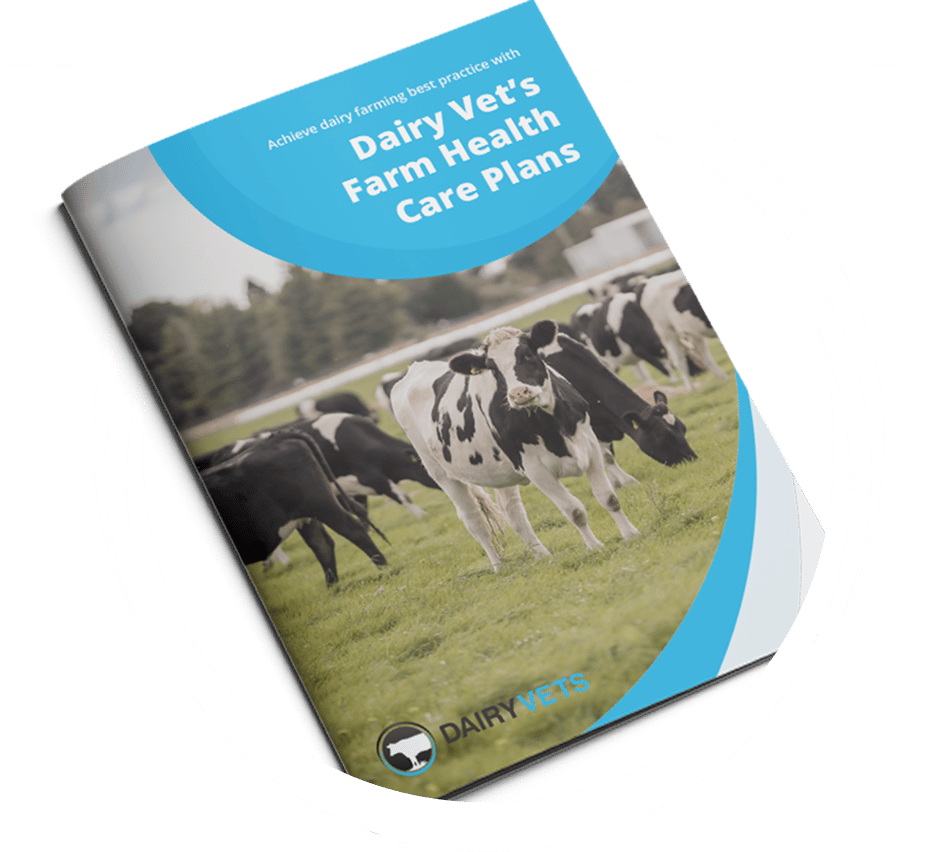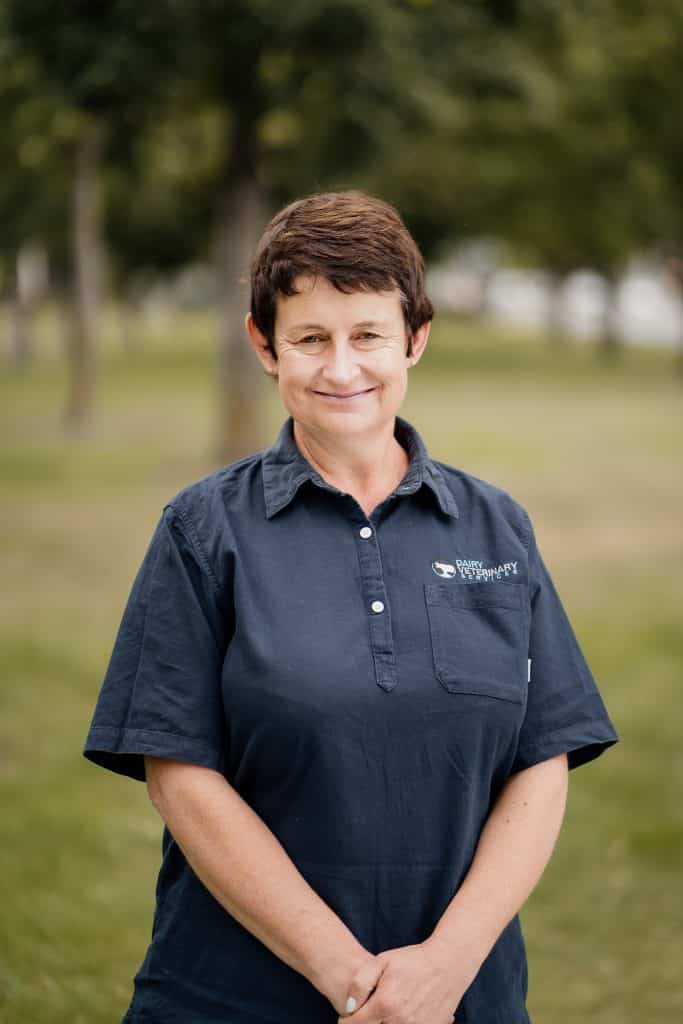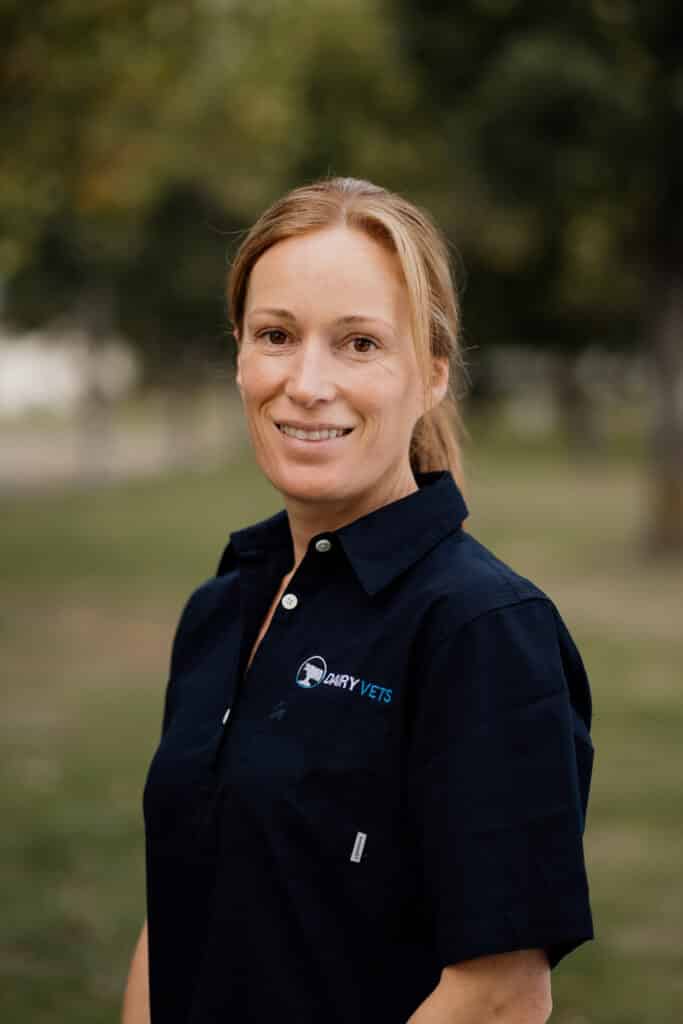The end of another season is approaching and with that comes the movement of cows. MPI have informed us that they have been seeing a significant number of down cows arriving at meat processing plants. This article has some useful information to help you prepare cattle for transport to ensure that their welfare is protected. This is particularly important for lactating cows. Contact Dairy Vet Services if you need further advice.
Continue readingA New Product for Drenching Young Cattle
DECTOMAX V® combines the trusted performance of doramectin with the added strength of levamisole to provide unsurpassed efficacy against key parasites, including those often resistant to other parasiticide products
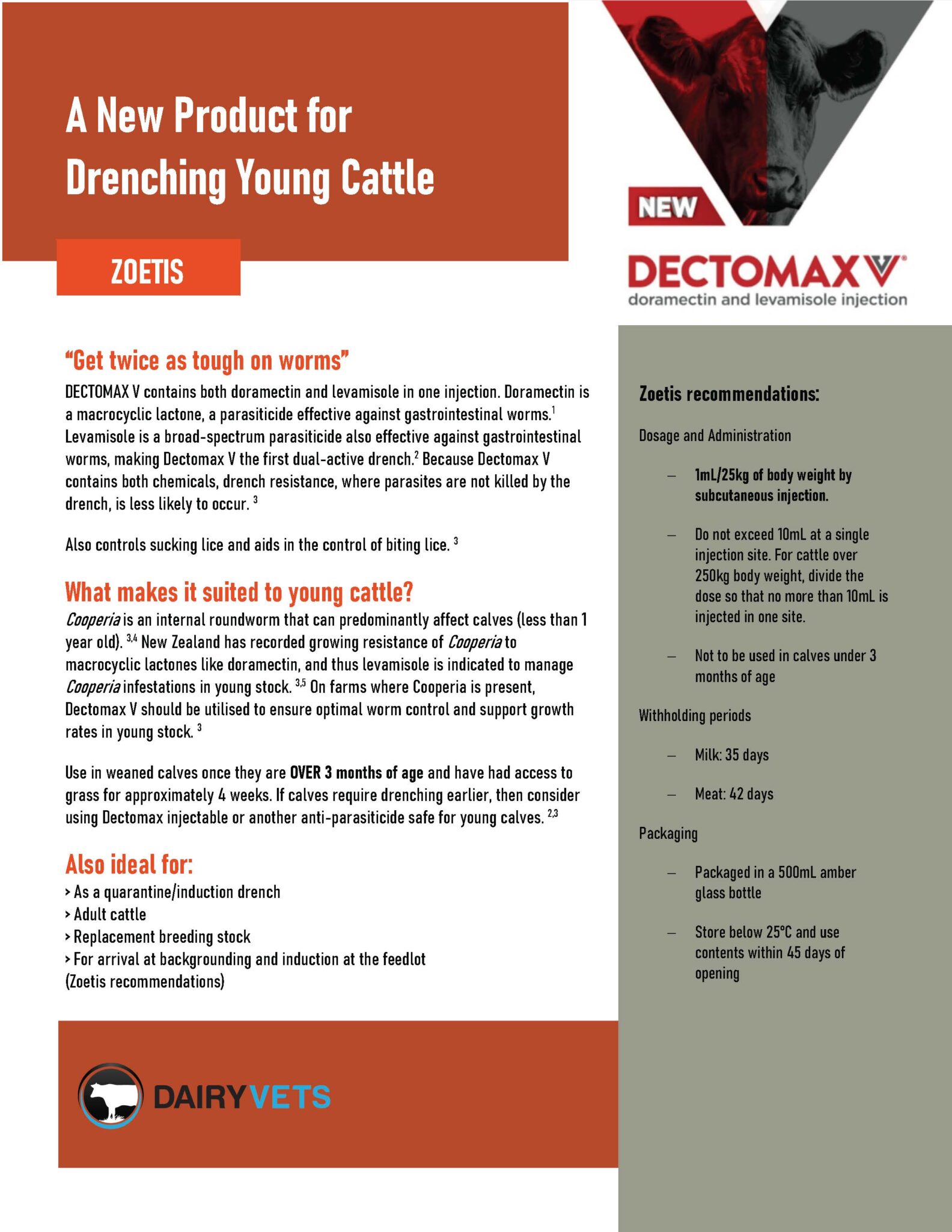
| By Amelia Cannadine (2023 DVM4 student) for Dairy Veterinary Services |
| REFERENCES: 1. Papich, M. G. (2016). Doramectin. In M. G. Papich (Ed.), Saunders Handbook of Veterinary Drugs (Fourth Edition) (pp. 266-268). St. Louis: W.B. Saunders. 2. Zoetis (2022). Dectomax V Injectable Parasiticide, available at: https://www.zoetis.com.au/all-products/portal-site/beef-dairy-sheep/beef-dectomax-v.aspx#:~:text=DECTOMAX%20V%20is%20an%20evolution,of%20an%20active%20called%20levamisole 3. Zoetis (n.d.). Dectomax V pamphlet (available at Dairy Veterinary Services) Marshall, S. (n.d.). Parasite Control in Young Stock, for Vet Services Hawke’s Bay, available at https://www.vshb.co.nz/articles/beef/parasite-control-in-young-stock-simon-marshall/ 4. Baiak, B. H. B., Lehnen, C. R., & da Rocha, R. A. (2018). Anthelmintic resistance in cattle: A systematic review and meta-analysis. Livestock Science, 217, 127-135. doi:https://doi.org/10.1016/j.livsci.2018.09.022 |
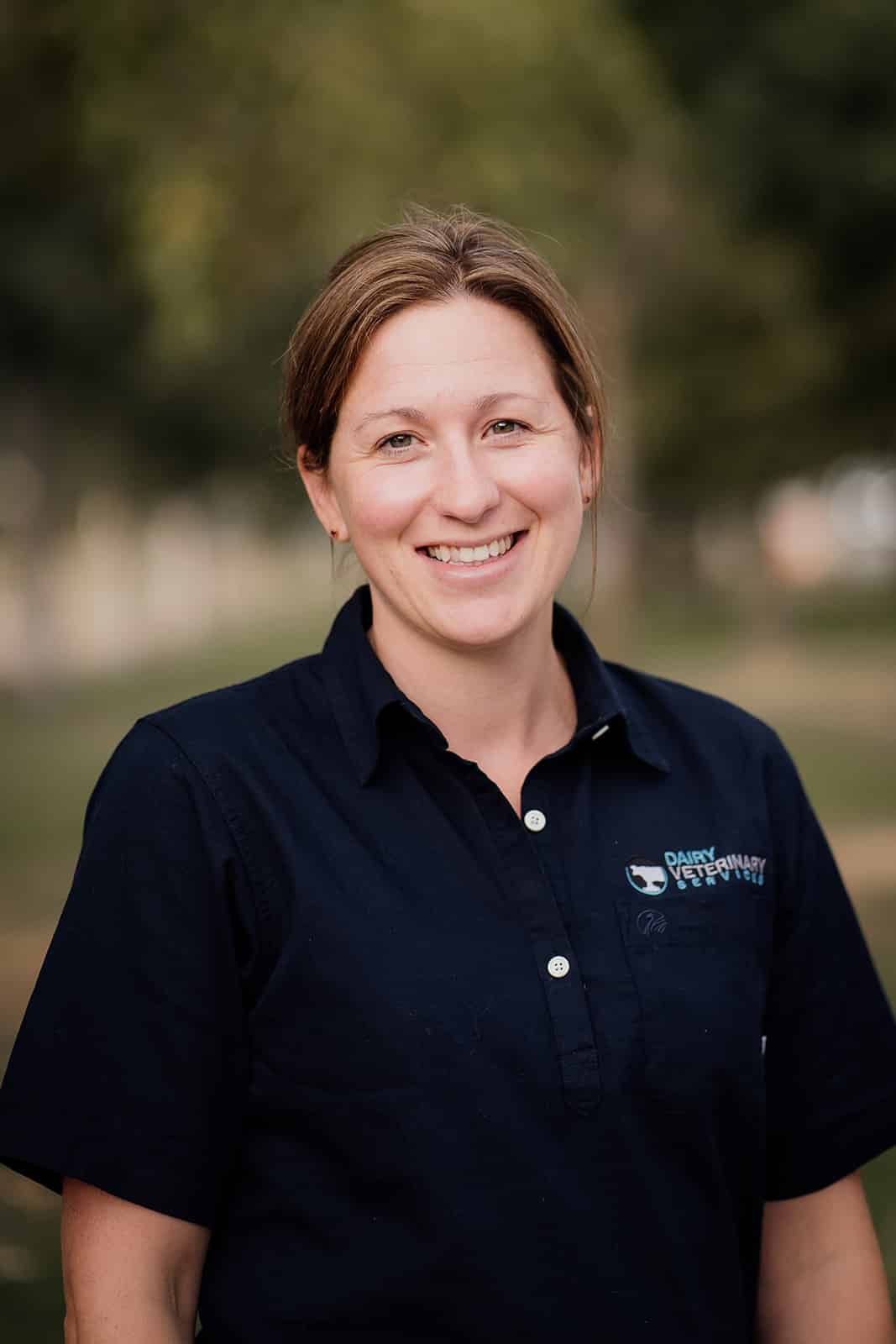
BVSc (Hons) MANZCVS (Dairy Medicine)
If you have any questions please feel free to get in touch with us at info@dairyvets.co.nz
Youngstock Focus: New Drench Products
Well most of you are done with the first 3 weeks of mating, which seems for most to have gone exceptionally well this year! If you have not quite reached 90% of you herd submitted now is the time to weigh up the options you have to get cows mated ASAP. Please give us a call if you would like to talk it through.
Calves are now at various stages of weaning. Dairy NZ have some good resources on when to wean: the take homes for me are weigh your calves and measure how much they are eating (no guesswork!). Remember we have technicians, weigh platforms and wand on standby to give you a hand!
Continue readingBVD and what it means to dairy farmers
Bovine viral diarrhoea occurs throughout NZ and the impact is a huge costs: studies show approx.. $140/cow/year for an infected herd. The biggest cost to farmers relates to early pregnancy losses.
Continue readingCalf Series: Colostrum
Now is the time to organise your rotavirus vaccine. It must be remembered this is PART of the process of great calf rearing management. The vaccine works by increasing the amount of antibodies in the cow’s colostrum to rotavirus, coronavirus and E-coli.
Continue readingNitrate Toxicity Treatment Protocol
• Call the Vet! Affected cows urgently require specific treatment
• Move all cows that can walk quickly and quietly off crop
Mastitis Post Dry Off Treatment Protocol
Review: dry off process – check cows are fully shut down prior to dry off; correct dry cow administration and post dry off management.
Continue readingAcidosis Treatment Protocol
If on crop walk all cows off that can and offer straw/hay and free choice mag oxide or sodium bicarbonate
Continue readingGeneral Scours Treatment
Calf Scours
All scouring calves will need milk and electrolytes. Calves can die if given only electrolytes and not fed milk due to a lack of energy. They will definitely die, if not given fluids and electrolytes.
Continue readingWhat is Rotavirus
Rotavirus is the most commonly diagnosed cause of diarrhoea in young calves. It affects calves usually between 4 and 14 days of age, but it can occasionally affect older calves (up to 6 weeks).
Continue reading
